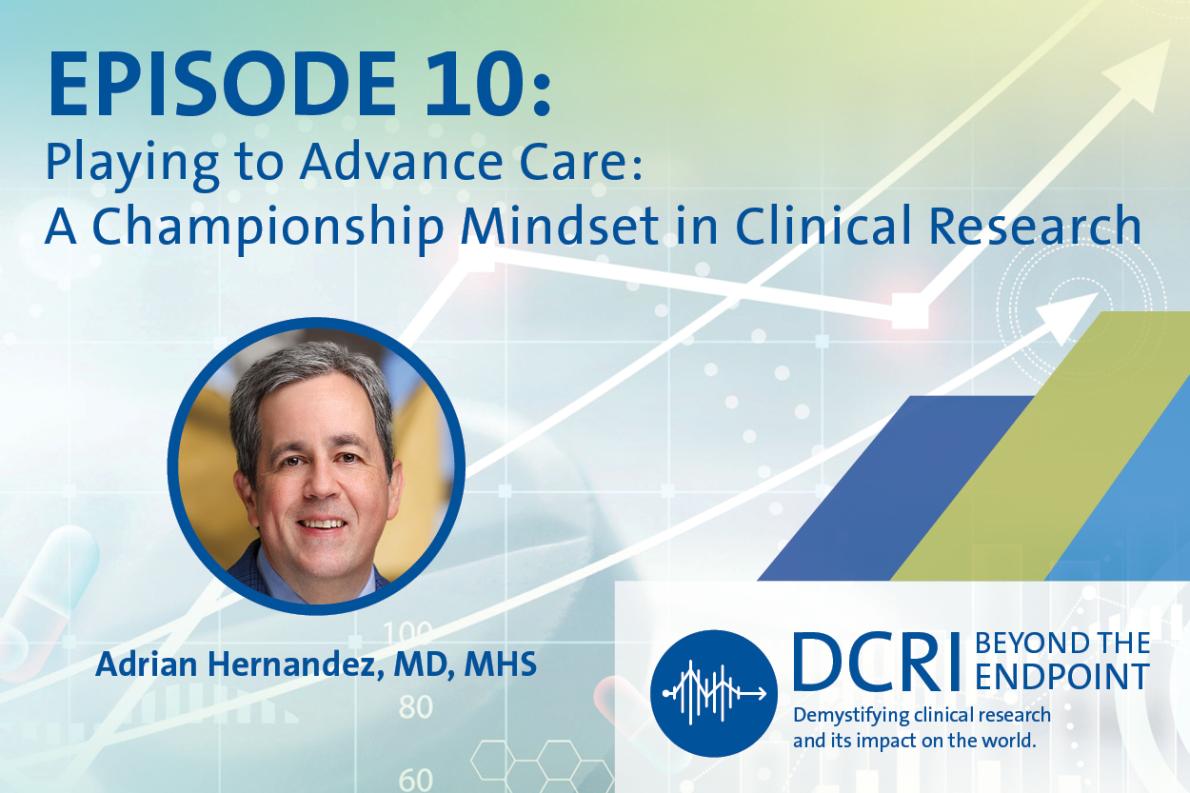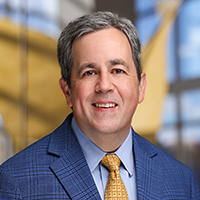Ep. 10 | Playing to Advance Care: A Championship Mindset in Clinical Research

Streaming now on: Amazon Music | Apple Podcasts | Spotify | Soundcloud | YouTube
Learn More About Beyond the Endpoint | View All Episodes
What do clinical research and championship sports teams have in common? Strategy, agility, and a relentless focus on people.
In the Season 1 finale of Beyond the Endpoint, hosts Manesh Patel and Emily O'Brien sit down with Adrian Hernandez—Executive Director of the Duke Clinical Research Institute, Vice Dean at the Duke School of Medicine, practicing cardiologist, and lifelong sports fan—for a dynamic conversation that views the evolving world of clinical research through a sports lens.
From comparing research institutions to basketball dynasties, to exploring how the principles of Moneyball apply to clinical research, Hernandez shares insights on building resilient research ecosystems, navigating funding constraints, and staying grounded in a patient-centered mission. He also reflects on the importance of sharing what we learn, even when a research result does not show a positive benefit.
Whether you're a researcher, clinician, or just curious about the playbook behind medical breakthroughs, this episode offers a thoughtful, energizing wrap-up to our first season.
About Our Guest

Adrian Hernandez, MD, MHS, is a cardiologist and clinical research leader who serves as Executive Director of the Duke Clinical Research Institute and Vice Dean at Duke University School of Medicine. As head of one of the world's largest academic research organizations, Hernandez provides strategic direction for clinical trials, health services research, and innovative approaches to improving patient care. His work spans cardiovascular disease to health policy, with a focus on translating evidence into better outcomes for patients. An internationally recognized researcher with over 800 publications, Hernandez has led multiple large-scale studies as principal investigator and steering committee chair. At Duke, he continues to advance clinical research, working to bridge the gap between cutting-edge research and real-world patient care.